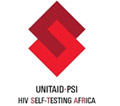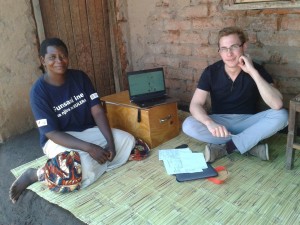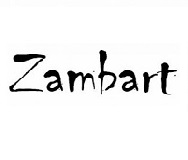HIV STAR project: Discrete Choice Experiments in rural Malawi
Dr. Marc d’Elbée, May 2016
Interview with Beatrice (PSI CBDA) in Chikowa (near Blantyre) Malawi
The HIV STAR project aims to expedite and inform the introduction of oral HIV self-testing in Southern Africa.
Discrete choice experiments (DCEs), part of the impact evaluation study, are a quantitative technique which aim to inform the design of interventions to distribute HIV self-test (HIVST) kits and stimulate linkage to care. The first phase of the DCE analysis consists of individual interviews with rural populations in order to understand potential users’ preferences for the distribution of HIVST kits and how best to encourage them to link to care if they were self-testing HIV positive.
The DCE questionnaire presents different HIVST distribution and linkage to care strategies and asks the respondent to select their preferred strategy. One particularity of the DCE exercise is that it uses pictorial illustrations to help the respondents to make a decision and overcome the literacy barrier in rural Malawi.
During my trip to Malawi in May 2016, I worked at the Malawi-Liverpool Wellcome Trust in Blantyre and was interviewing community-based distributor agents (CBDAs) from Population Services International (PSI) in Soche, Madziabango and Chikowa villages. The aim was twofold – first to understand potential user preferences on different aspects of the distribution and linkage to care strategies, and second, to test and improve pictorial illustrations to come up with a finalised DCE tool to include in the impact evaluation study.













